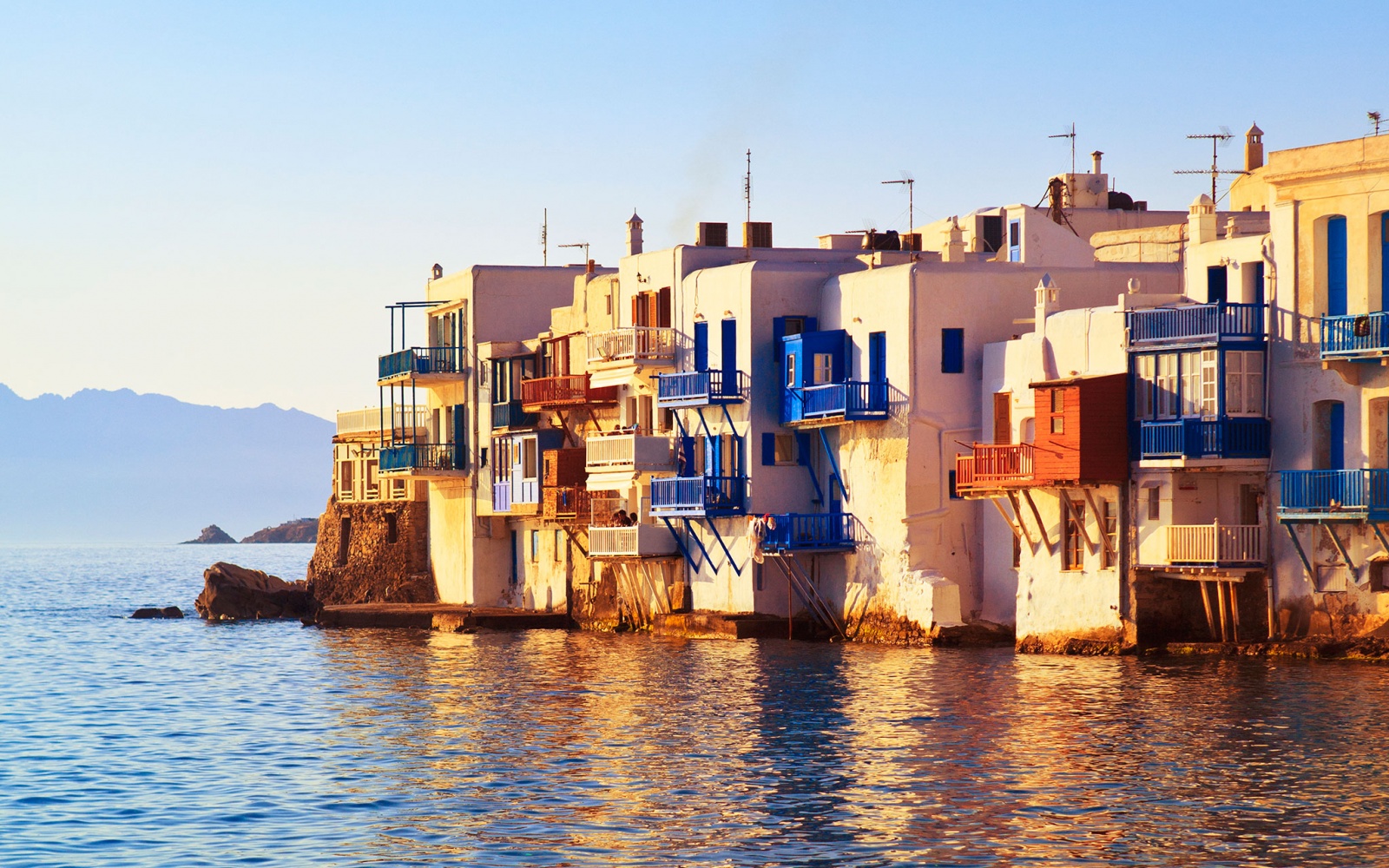
Greece-bound tourists could be in for some hassles—or worse.
The crisis in Greece has caused the closure of local banks and brought about the worst day of the year in the U.S. stock market. Concerns are also being raised that the situation could ruin the vacations of tourists dreaming of exploring the culture, history, and warmth of Greece during the height of the summer season.
Here’s what travelers should keep in mind if they’re heading for Greece anytime soon.
Starting on Monday, banks in Greece were closed, and ATM withdrawals were being limited to €60 (around $67) for cards issued by Greek banks. Withdrawal restrictions don’t apply to foreign cards, but many ATMs have reportedly already been emptied and have no cash to dispense.
“Automated-teller machines are running dry and many businesses are no longer accepting credit cards,” the Wall Street Journal reported.
The bottom line is that the situation is fairly chaotic and very much in flux. Greece-bound tourists from Germany, the UK, Canada, Australia, and elsewhere have officially been given some variation of the warning to arrive with “sufficient euros in cash to cover the duration of your stay, emergencies, unforeseen circumstances, and any unexpected delays.” Ideally, bring cash in lots of smaller denominations, as it may be difficult for taxi drivers, restaurants, and other local businesses to provide change for big bills.
The advice of the U.S. Embassy in Greece is that Americans should have plenty of cash, and should certainly not rely on any single form of payment: “U.S. citizens are encouraged to carry more than one means of payment (cash, debit cards, credit cards), and make sure to have enough cash on hand to cover emergencies and any unexpected delays.”
“The State Department recommends you maintain a high level of security awareness and avoid political rallies and demonstrations as instances of unrest can occur,” the U.S. Embassy states. “Exercise caution and common sense: Avoid the areas of demonstrations, and if you find yourself too close to a demonstration, move in the opposite direction and seek shelter.”
What’s more, pickpockets and thieves will surely be aware that tourists have been advised of the necessity of having plentiful cash on hand. So there will be extra reason for tourists to be targeted for theft. It goes without saying you shouldn’t stroll around casually with all of your cash in your purse or back pocket. Stash the bulk of it in the hotel safe, and divide walking-around cash among your party—ideally, safely kept in a money belt or neck wallet—perhaps with some emergency bills in the sole of your shoe. Don’t make it easy for pickpockets to rip you off.
There have already been huge lines at ATMs and supermarkets, with worried shoppers stocking up on essentials in the same way that Americans hoard milk and bread when a big snowstorm is in the forecast. There has also been plenty of speculation that strikes, demonstrations, and a squeeze on fuel could cause travel disruptions within Greece. So far, this has only amounted to speculation, and ferries, gas stations, and such have not been affected.
“We were in touch with our hotel and our tour director earlier today, and both report that daily life is going on normally,” Tim Armstrong, a spokesman for the Tauck tour company, which had a group on a cruise just finishing up a three-night stay in Athens, said on Monday, according to the (Canada) Globe and Mail.
Likewise, Greek tourism officials maintain that the current events will have no impact on foreign visitors. “The tourists who are already here and those who are planning to come, will not be affected in any way by the events and will continue to enjoy their holiday in Greece with absolutely no problem,” said Elena Kountoura, Greece’s minister for tourism, according to the Independent. “It should be also noted that there is ample availability of both fuel and all products and services that ensure a smooth and fun stay for the visitors in every city, region and the islands.”
At least some of this seems like overstatement, considering that tourists and locals alike have already been affected by long lines. Credit and debit cards are still being accepted by most hotels and other businesses, but the fact that some are only accepting cash as payment is obviously another way that travelers are being affected.
If you’ve booked a vacation to Greece and purchased travel insurance for the trip, it may be time to look at the fine print. Most policies will reimburse a cancelled trip if there’s been a death in the immediate family, or if there’s been a natural disaster, terrorist attack, or large-scale civil unrest. But nothing that’s happening in Greece right now qualifies as a standard reimbursable situation.
“If you do cancel your trip it will be subject to the terms of the deal, and you stand to lose money,” one UK travel agent explained to the Guardian. Unless you’ve paid extra for a “cancel for any reason” upgrade to the insurance policy, in all likelihood your travel insurance would not cover you if you decide to cancel a trip to Greece right now.
More good reads from Money:
• The Case for Buying an Electric Car Is About to Get a Whole Lot Better
• How to Travel Abroad Without Breaking the Bank
• Fancy Resort Hotels Giveth … and Then Taketh Away